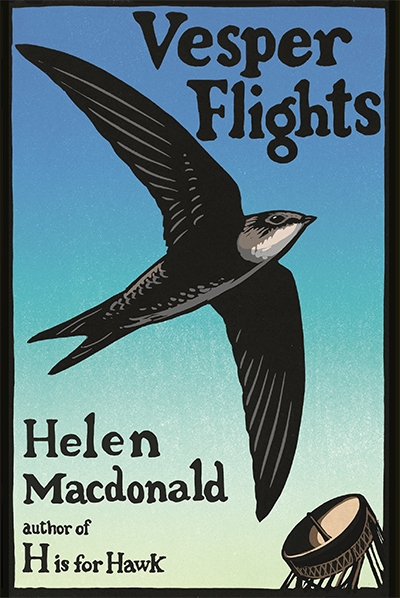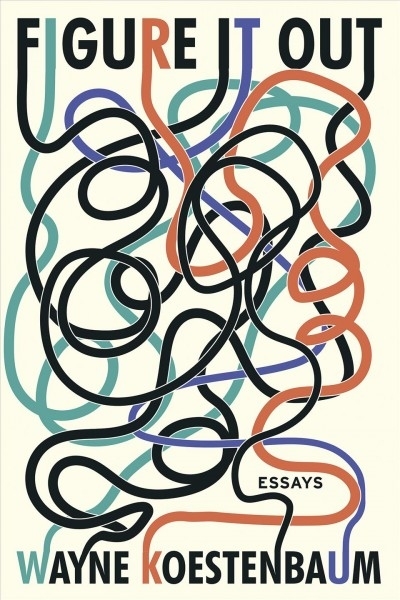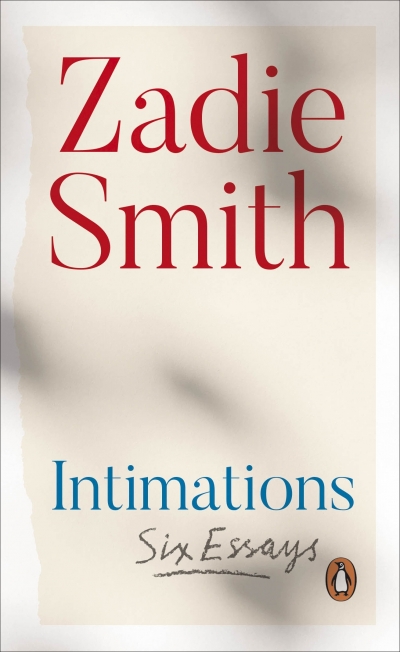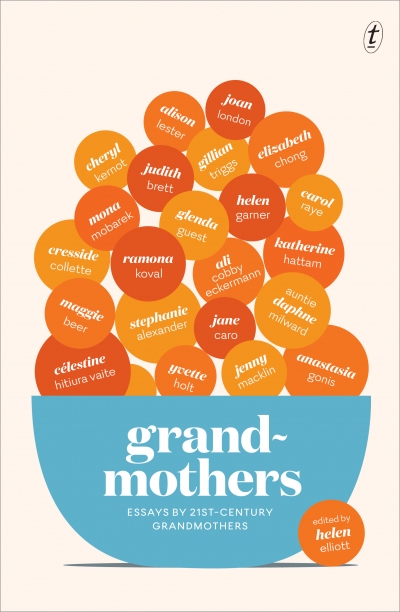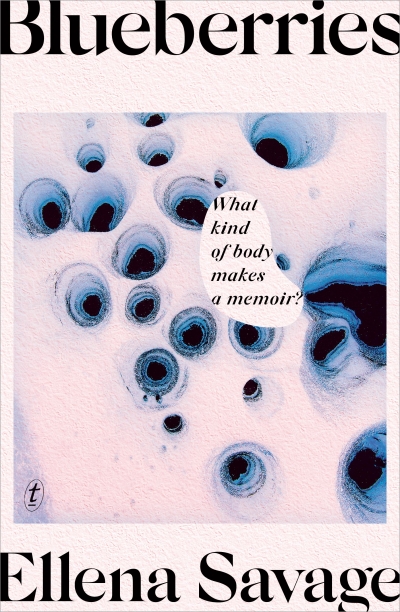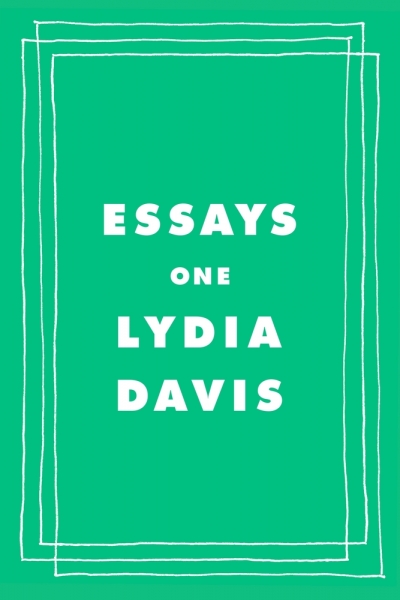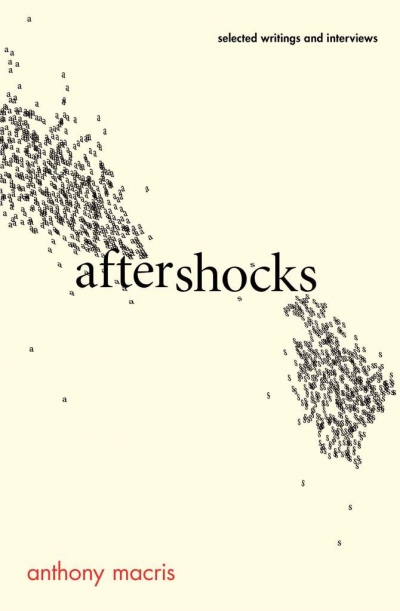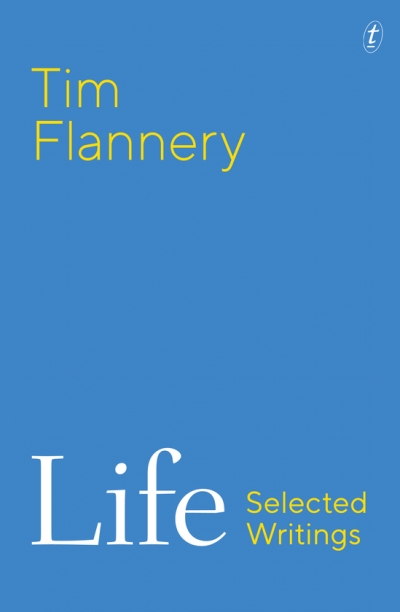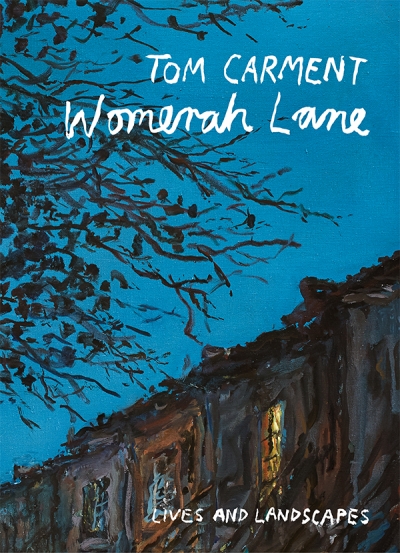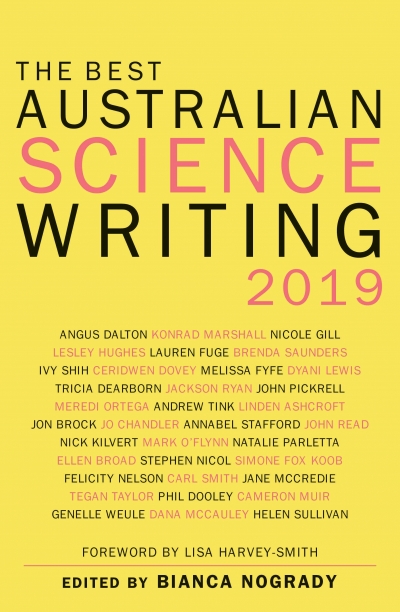Essay collections
Vesper Flights: New and collected essays by Helen Macdonald
The world evoked by British nature writer and historian Helen Macdonald in her new collection of essays is haunted by no end of unsettling and shrouded presences. The sight of a flock of starlings gives her a shiver of fear. Why? Because in her imagination the flock connects with a mass of refugees. The sight of falcon eggs in an incubator makes her unaccountably upset. Then she remembers that she, too, as a very premature baby, was once kept alive in just such a box. And on it goes.
... (read more)The cultural critic, poet, and musician Wayne Koestenbaum is pooped. He is ready for his writing to assume its ‘corpse pose’, to expire and become obsolete. Over the course of a thirty-year writing career marked by a lively enthusiasm for culture and celebrity, the author has often shown his attraction to acts of disappearance – his admiration, for example, of artists who retire relatively young (e.g. Audrey Hepburn and Brigitte Bardot, or poets Arthur Rimbaud and pre-comeback George Oppen). Perhaps more compelling to Koestenbaum, though, are those cultural figures who retire into careers; those who make work of indolence.
... (read more)On the July afternoon when I first read Intimations, novelist and prolific essayist Zadie Smith’s new book of essays, Melbourne registered its highest number of Covid-19 cases – 484 positives, with two deaths. Since then the daily tolls have risen alarmingly. Midway through the city’s second week of Lockdown 2.0, there is a nebulous feeling of dispiritedness. We mark time as belonging to a pre-Covid era or the present reality. Within the present there exist further subdivisions of pasts and presents marked by social distancing, mandatory mask-wearing, hopefulness.
... (read more)Grandmothers edited by Helen Elliott & A Lasting Conversation: Stories on ageing edited by Dr Susan Ogle and Melanie Joosten
Grandmothers are not what they used to be, as Elizabeth Jolley once said of custard tarts. It’s a point made by several contributors to Helen Elliott’s lively and thoughtfully curated collection of essays on the subject, Grandmothers, and it partly explains why these two books are not as similar as you might expect.
... (read more)The writerly ‘I’ is notoriously fraught and political in non-fiction writing. What are the implications of writing from a biased and limited perspective (as all of us inevitably do)? How to get around – or work within – the constraints of the personal? These questions are ethical ones but also ones of craft. Many memoirists and essayists have grappled explicitly with them on the page.
... (read more)Essays One is the first of two volumes of collected non-fiction drawn from all periods of Lydia Davis’s long career. While the second collection will, according to the author, ‘concentrate more single-mindedly on translation and the experience of reading foreign languages’, this volume has an alternating focus on writing and reading practices, translation, commentary, reviews, and personal essays. It is loosely structured, non-chronological, and doesn’t shy away from repetition or reiteration – particularly throughout the several pieces that share the subtitle ‘Forms and Influences’.
... (read more)Aftershocks: Selected writings and interviews by Anthony Macris
At the beginning of this wide-ranging collection of criticism by the novelist, critic, and academic Anthony Macris, the author notes wryly that an early candidate for the book’s title was Personality Crisis, such is its diversity of topics and styles. The implication here is that reviews and essays form a kind of autobiography. I’m not sure I would use the word ‘crisis’ to describe it, but certainly the portrait we have in this case is of a writer driven by very different kinds of curiosity: about literature and writing but also the art forms that lie beyond them – and, as centrally, by a social and political curiosity about the ways those forms change when they respond to the world around us.
... (read more)One of the pleasures of reviewing a book is reading it slowly, paying attention to the rhythms and its author’s intentions, impulses, and indulgences. Reading is always a conversation between writer and reader. A major collection like Life: Selected writings takes this experience to a new level. This is not just a conversation between a writer now and a reader now, but a writer then, his choices now, the sum of those choices as arrayed in a substantial blue volume, and the reader with a ‘long now’ to luxuriate in the exchange.
... (read more)Tom Carment the artist, writer, and man makes a perfectly integrated whole. Carment is a compact, casually neat figure who looks through round-lensed glasses and has a calm stillness even when he’s on the move, as he often is. His art and writing are also on a small scale, intimately observant, informal, and warmly appealing. He has exhibited his paintings and drawings for more than four decades and has written for almost as long, occasionally for publication and often in private. As he said at his book launch, he used to pour most of his thoughts into letters, including one he found recently that ran to thirty-eight pages.
... (read more)The Best Australian Science Writing 2019 edited by Bianca Nogrady
Reading good science writing is not just pleasurable and informative: it’s also necessary if we want to live engaged and examined lives in today’s hyper-technological, climate-changing world. The Best Australian Science Writing 2019 offers readers all these things – the delight in good writing, the satisfaction of learning, and the sobering reckoning with our society’s environmental impact and lack of political engagement with science. Yet it’s not afraid to challenge science itself on occasion – showing ‘its flaws as well as its finer moments’, as editor Bianca Nogrady puts it.
... (read more)

